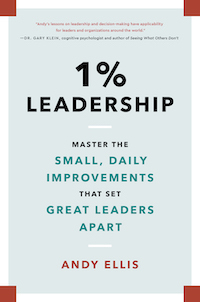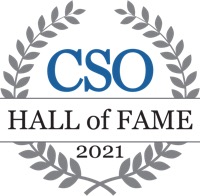Social Engineering Judo
2012-07-07
(or, how good customer service and getting scammed can look alike)
On a business trip a few years ago, I found myself without a hotel room (the hotel which Egencia asserted I had a reservation claimed to know nothing about me). I made a new reservation at a Marriott hotel, and then called to check-in, since I had to head off to a customer event, and wouldn't get to the hotel until around midnight (and didn't want a repeat off having no hotel room). The desk clerk informed me that I couldn't check-in yet, but she assured me that yes, I'd have a room, and it was horrible that the other hotel had left me without a room. And yes, it would have a king size bed.
When I arrived, it turned out they'd upgraded me to a penthouse suite for the night. Good customer service, right? (Yes, of course, but now I have to argue the downside.). The clerk didn't actually know if I'd had a problem earlier, so really, she let me socially engineer her (honestly, it wasn't intentional). I've been in the hospitality industry myself, and it's really hard to tell the difference between a customer with a problem whose day you can improve, and a con artist just looking to get by.
One hotel I've worked for had the policy that you could never comp the meal or room a guest was complaining about (because too many people would complain just to see if they could have a free meal), but for folks with issues, you'd comp their next stay, or a meal the next night. This usually made guests happy, and con artists only got fifty percent off (until we discovered the "guest" that hadn't paid for their last ten stays by exercising this policy).
The trick here is to empower your customer service folks -- your front line against con artists and social engineers -- to have enough flexibility to make customers happy, while reducing how much they can cost you. A room upgrade has almost no marginal cost for a midnight check-in; but a free meal is a bit more expensive.
Since drafting this post, I've noticed what seems to be a disturbing trend in the hospitality industry: very few organizations can answer the question, "how will you reduce the likelihood of this happening again?" Instead, they focus merely on, "how can I make you stop complaining?" That's the best case, but it's only a first step.
On a business trip a few years ago, I found myself without a hotel room (the hotel which Egencia asserted I had a reservation claimed to know nothing about me). I made a new reservation at a Marriott hotel, and then called to check-in, since I had to head off to a customer event, and wouldn't get to the hotel until around midnight (and didn't want a repeat off having no hotel room). The desk clerk informed me that I couldn't check-in yet, but she assured me that yes, I'd have a room, and it was horrible that the other hotel had left me without a room. And yes, it would have a king size bed.
When I arrived, it turned out they'd upgraded me to a penthouse suite for the night. Good customer service, right? (Yes, of course, but now I have to argue the downside.). The clerk didn't actually know if I'd had a problem earlier, so really, she let me socially engineer her (honestly, it wasn't intentional). I've been in the hospitality industry myself, and it's really hard to tell the difference between a customer with a problem whose day you can improve, and a con artist just looking to get by.
One hotel I've worked for had the policy that you could never comp the meal or room a guest was complaining about (because too many people would complain just to see if they could have a free meal), but for folks with issues, you'd comp their next stay, or a meal the next night. This usually made guests happy, and con artists only got fifty percent off (until we discovered the "guest" that hadn't paid for their last ten stays by exercising this policy).
The trick here is to empower your customer service folks -- your front line against con artists and social engineers -- to have enough flexibility to make customers happy, while reducing how much they can cost you. A room upgrade has almost no marginal cost for a midnight check-in; but a free meal is a bit more expensive.
Since drafting this post, I've noticed what seems to be a disturbing trend in the hospitality industry: very few organizations can answer the question, "how will you reduce the likelihood of this happening again?" Instead, they focus merely on, "how can I make you stop complaining?" That's the best case, but it's only a first step.

